CLOMACH 100MG TABLET
MRP ₹87
(Inclusive of all Taxes)
₹13.1 Cashback (15%)
Provide Delivery Location
Online payment accepted
 Prescription drug
Prescription drugWhats That
Composition :
Manufacturer/Marketer :
Consume Type :
Expires on or after :
Return Policy :
NPPA :
About CLOMACH 100MG TABLET
CLOMACH 100MG TABLET belongs to a group of medicines called antipsychotics used to treat schizophrenia. Additionally, CLOMACH 100MG TABLET is also used to reduce the risk of suicidal behaviour in patients with schizophrenia or other similar disorders. Schizophrenia is a medical condition in which the person may feel, hear or see things that are not there, believe things that are not true, or feel unusually suspicious or confused.
CLOMACH 100MG TABLET contains ‘Clozapine’, which works by blocking the effects of chemical receptors in the brain, such as dopamine and serotonin. Thus, it helps in improving mood, behaviour and thoughts.
You are advised to take CLOMACH 100MG TABLET for as long as your doctor has prescribed it for you, depending on your medical condition. In some cases, CLOMACH 100MG TABLET may cause side effects such as tachycardia (fast heartbeat), dizziness, headache, tremor, sweating, dry mouth, nausea, constipation and visual disturbances. Most of these side effects do not require medical attention and will resolve gradually over time. However, you are advised to talk to your doctor if you experience these side effects persistently.
Please do not stop taking CLOMACH 100MG TABLET suddenly, as it might cause withdrawal symptoms. Consult your doctor if you are pregnant. Do not take CLOMACH 100MG TABLET if you are breastfeeding, as it may pass into breastmilk. Avoid driving as CLOMACH 100MG TABLET may cause drowsiness and dizziness. CLOMACH 100MG TABLET should not be given to children as safety and effectiveness have not been established. Avoid consuming alcohol with CLOMACH 100MG TABLET as it could lead to increased drowsiness and dizziness. Keep your doctor informed about your health condition and medicines to rule out any side effects.
Uses of CLOMACH 100MG TABLET
Directions for Use
Key Benefits
CLOMACH 100MG TABLET belongs to a group of medicines called antipsychotics. CLOMACH 100MG TABLET is used to treat schizophrenia and to reduce the risk of suicidal behaviour in patients with schizophrenia or other similar disorders. CLOMACH 100MG TABLET works by blocking the effects of chemical receptors in the brain, such as dopamine and serotonin, thereby helping in improving mood, behaviour and thoughts. CLOMACH 100MG TABLET is used to treat schizophrenia when other antipsychotic drugs are ineffective or have caused severe adverse effects. CLOMACH 100MG TABLET is also used to treat psychotic disorders in patients with Parkinson’s disease when standard treatments have failed.
Storage
- Hydrate your body: Drink enough water to prevent dehydration and headaches.
- Calm Your Mind: Deep breathing and meditation can help you relax and relieve stress.
- Rest and Recharge: Sleep for 7-8 hours to reduce headache triggers.
- Take rest: lie down in a quiet, dark environment.
- Cold or warm compresses can help reduce tension.
- Stay Upright: Maintain good posture to keep symptoms from getting worse.
- To treat headaches naturally, try acupuncture or massage therapy.
- Over-the-counter pain relievers include acetaminophen and ibuprofen.
- Prescription Assistance: Speak with your doctor about more substantial drug alternatives.
- Severe Headaches: Seek emergency medical assistance for sudden, severe headaches.
- Frequent Headaches: If you get reoccurring headaches, consult your doctor.
- Headaches with Symptoms: Seek medical attention if your headaches include fever, disorientation, or weakness.
- Avoid driving or operating machinery or activities that require high focus until you know how the medication affects you.
- Maintain a fixed sleeping schedule, create a relaxing bedtime routine and ensure your sleeping space is comfortable to maximize your sleep quality.
- Limit alcohol and caffeine as these may worsen drowsiness and disturb sleep patterns.
- Drink plenty of water as it helps with alertness and keeps you hydrated and for overall well-being.
- Moderate physical activity can improve energy levels, but avoid intense workouts right before bedtime.
- Inform your doctor about dizziness symptoms. They may adjust your medication regimen or prescribe additional medications to manage symptoms.
- Follow your doctor's instructions for taking medication, and take it at the same time every day to minimize dizziness.
- When standing up, do so slowly and carefully to avoid sudden dizziness.
- Avoid making sudden movements, such as turning or bending quickly, which can exacerbate dizziness.
- Drink plenty of water throughout the day to stay hydrated and help alleviate dizziness symptoms.
- If you're feeling dizzy, sit or lie down and rest until the dizziness passes.
- Track when dizziness occurs and any factors that may trigger it, and share this information with your doctor to help manage symptoms.
- Contact your doctor immediately if you're experiencing a fast heart rate, palpitations, or other heart-related symptoms. This is crucial to determine whether the symptoms are related to your medication.
- Your doctor may need to adjust your medication regimen to alleviate the fast heart rate symptoms. This could involve changing the medication, reducing the dosage, or adding new medications to counteract the side effects.
- Follow your doctor's advice on monitoring your heart rate and blood pressure. This will help track any changes and ensure your heart rate returns normal.
- If you experience severe symptoms such as chest pain, dizziness, or shortness of breath, seek immediate medical attention. These symptoms can indicate a more serious condition that requires prompt treatment.
- If you experience low blood pressure symptoms like dizziness, lightheadedness, or fainting while taking medication, seek immediate medical attention.
- Make lifestyle modifications and adjust your medication regimen under medical guidance to manage low blood pressure.
- As your doctor advises, regularly check your blood pressure at home. Record your readings to detect any changes and share them with your doctor.
- Fluid intake plays a vital role in managing blood pressure by maintaining blood volume, regulating blood pressure, and supporting blood vessel function. Drinking enough fluids helps prevent dehydration, maintain electrolyte balance, and regulate fluid balance.
- Take regular breaks to sit or lie down if you need to stand for long periods.
- When lying down, elevate your head with extra pillows to help improve blood flow.
- Avoid heavy exercise or strenuous activities that can worsen low blood pressure.
- Wear compression socks as your doctor advises to enhance blood flow, reduce oedema, and control blood pressure.
- If symptoms persist or worsen, or if you have concerns about your condition, seek medical attention for personalized guidance and care.
- Regularly brush your tongue and teeth to prevent Excessive Saliva Production.
- Avoid eating foods high in sugar or acid since these foods might increase saliva production, which increases the Excessive Saliva Production.
- Keep your head up straight and maintain proper posture to prevent saliva from collecting in your mouth.
- Inform your doctor about your constipation symptoms. They may adjust your medication or advise alternative treatments.
- Stay hydrated by drinking sufficient of water (at least 8-10 glasses a day) to help soften stool and promote bowel movements.
- Increase fibre intake by eating foods high in fibre, such as fruits, whole grains, vegetables and legumes, to help bulk up the stool.
- Establish a bowel routine by trying to go to the bathroom at the same time each day to train your bowels.
- Engaging in regular exercise, like walking or yoga, can support in bowel movement stimulation.
- Consult your doctor if constipation persists, and discuss alternative treatments or adjustments to your medication.
Drug Warnings
Do not take CLOMACH 100MG TABLET if you are allergic to any of its contents if you have galactose intolerance, total lactase deficiency, glucose-galactose malabsorption, low number of white blood cells or if you are taking medicines that can cause low levels of white blood cells, bone marrow disorder, epilepsy, circulatory collapse (pronounced fall in blood pressure that can lead to unconsciousness), brain disorders, severe kidney disease, heart disease, liver disease with jaundice, liver failure or paralytic ileus (small intestine disorder). Inform your doctor if you have a low number of white blood cells or platelet count, orthostatic hypotension, epilepsy, enlarged prostate or difficulty urinating, glaucoma, severe constipation, diabetes, heart, liver or kidney problems. Consult your doctor if you are pregnant. Do not take CLOMACH 100MG TABLET if you are breastfeeding, as it may pass into breastmilk.
Drug-Drug Interactions
Drug-Drug Interactions
Login/Sign Up
Co-administration of Metoclopramide with Clomach 100mg Tablet can increase the risk of side effects.
How to manage the interaction:
Taking Metoclopramide with Clomach 100mg Tablet is generally avoided as it can possibly result in an interaction, it can be taken if your doctor has advised it. Do not discontinue any medications without consulting a doctor.
When Flibanserin and Clomach 100mg Tablet are taken together, may increase side effects.
How to manage the interaction:
There may be a possibility of interaction between Clomach 100mg Tablet and Flibanserin, but it can be taken if prescribed by a doctor. If you notice any of these signs - like dizziness, drowsiness, fatigue, and difficulty concentrating, call a doctor right away. Do not stop using any medications without a doctor's advice.
When Clomach 100mg Tablet is taken with Pimozide, can increase the risk of an irregular heart rhythm that may be serious.
How to manage the interaction:
Taking Clomach 100mg Tablet with Pimozide there may be a possibility of interaction, but it can be taken if prescribed by a doctor. Call a doctor immediately if you notice any of these signs - like sudden dizziness, lightheadedness, fainting, shortness of breath, or heart palpitations. Do not stop using any medications without a doctor's advice.
When Clomach 100mg Tablet is taken with Cisapride, can increase the risk of an irregular heart rhythm that may be serious.
How to manage the interaction:
Taking Clomach 100mg Tablet with Cisapride there may be a possibility of interaction, but it can be taken if prescribed by a doctor. Call a doctor immediately if you notice any of these signs - like sudden dizziness, lightheadedness, fainting, shortness of breath, or heart palpitations. Do not stop using any medications without a doctor's advice.
When Ropinirole is taken with Clomach 100mg Tablet, it may not work as well.
How to manage the interaction:
Taking Ropinirole with Clomach 100mg Tablet is not recommended as it can possibly result in an interaction, it can be taken if your doctor has prescribed it. However, consult the doctor immediately if you experience symptoms such as drowsiness, low blood pressure, dizziness, and lightheadedness. Do not stop using any medications without consulting doctor.
When Clomach 100mg Tablet is taken with Sparfloxacin, can increase the risk of an irregular heart rhythm that may be serious.
How to manage the interaction:
Taking Clomach 100mg Tablet with Sparfloxacin there may be a possibility of interaction, but it can be taken if prescribed by a doctor. Call a doctor immediately if you notice any of these signs - like sudden dizziness, lightheadedness, fainting, shortness of breath, or heart palpitations. Do not stop using any medications without a doctor's advice.
Taking Clomach 100mg Tablet and Potassium citrate (in tablet or capsule form) together can increase the risk of stomach ulcers, bleeding, and other gastrointestinal injury.
How to manage the interaction:
Co-administration of Potassium citrate with Clomach 100mg Tablet is not recommended, as it may lead to an interaction, it can be taken if prescribed by the doctor. However, if you experience severe stomach pain, bloating, sudden lightheadedness or dizziness, nausea, vomiting (especially with blood), decreased hunger, or dark, tarry stools, consult the doctor immediately. Do not discontinue any medications without a doctor's advice.
Taking clarithromycin with Clomach 100mg Tablet can increase the risk of an irregular heart rhythm that may be serious.
How to manage the interaction:
Although there is a possible interaction, clarithromycin can be taken with Clomach 100mg Tablet if prescribed by the doctor. Consult the doctor if you develop sudden fainting, dizziness, lightheadedness, shortness of breath, or heart palpitations during treatment with these medications. Do not discontinue the medication without consulting a doctor.
Combining Cisplatin with Clomach 100mg Tablet can increase the risk of neutropenia (Infection).
How to manage the interaction:
Although there is a possible interaction between Cisplatin and Clomach 100mg Tablet, you can take these medicines together if prescribed by your doctor. If you experience symptoms such as infection, fever, chills, diarrhea, sore throat, muscle aches, shortness of breath, weight loss, or pain during urination, contact your doctor immediately." Do not discontinue any medications without first consulting your doctor.
Combining Pemetrexed with Clomach 100mg Tablet can increase the risk of infection.
How to manage the interaction:
Co-administration of Pemetrexed with Clomach 100mg Tablet can possibly result in an interaction, but it can be taken if your doctor has advised it. However, consult the doctor immediately if you experience symptoms such as fever, chills, diarrhea, sore throat, muscle aches, shortness of breath, blood in phlegm, weight loss, red or inflamed skin, body sores, and pain or burning during urination. Do not stop using any medications without a doctor's advice.
Drug-Food Interactions
Drug-Food Interactions
Login/Sign Up
Diet & Lifestyle Advise
- Maintain a healthy diet and exercise regularly.
- Include fruits, vegetables, and fibre-rich food in your diet.
- Cut down on sugars, salts and saturated fats.
- Drink enough fluids to stay hydrated.
- Regularly attend therapy sessions.
- Perform meditation and yoga.
- Follow a regular sleep pattern.
- Avoid smoking and alcohol consumption.
- Learn about your condition, understand the risk factors and follow the doctor’s treatment plan.
Side Effects of CLOMACH 100MG TABLET
- Tachycardia (fast heartbeat)
- Dizziness
- Headache
- Tremor
- Sweating
- Low blood pressure
- Dry mouth
- Nausea
- Constipation
- Visual disturbances
Habit Forming
Therapeutic Class
All Substitutes & Brand Comparisons
RX
Out of StockClozact 100Mg Tablet
Carrel Pharmaceuticals Llp
₹75.5
(₹6.8 per unit)
13% CHEAPERRX
Out of StockClopin-100 mg Tablet 10's
East West Pharma India Pvt Ltd
₹70.5
(₹7.05 per unit)
9% CHEAPERRX
Out of StockCloza-100 Tablet 10's
Core Claris Lifesciences Ltd
₹79.5
(₹7.16 per unit)
8% CHEAPER
Author Details
We provide you with authentic, trustworthy and relevant information
Drug-Diseases Interactions
Drug-Diseases Interactions
Login/Sign Up
FAQs
Drug-Drug Interactions Checker List
- ARIPIPRAZOLE
- OLANZAPINE
- RISPERIDONE
- QUETIAPINE
- HALOPERIDOL
- LURASIDONE
- LITHIUM
- LORAZEPAM
- ALPRAZOLAM
- BENZTROPINE MESYLATE
- DULOXETINE
- ESCITALOPRAM
- SERTRALINE
- DIVALPROEX SODIUM
- CLONAZEPAM
- LAMOTRIGINE
Special Advise
- Regular monitoring of blood count is advised as CLOMACH 100MG TABLET may cause agranulocytosis (low white blood cells).
- CLOMACH 100MG TABLET may cause blood lipids (fats) alteration, which could lead to weight gain. Your doctor might monitor your weight and blood lipid levels regularly.
- If you have a liver disorder, regular liver function tests are recommended for as long as CLOMACH 100MG TABLET has been prescribed.
- CLOMACH 100MG TABLET might cause thrombosis (blood clotting in the vein). If you are due to have any surgery, inform your doctor that you are taking CLOMACH 100MG TABLET.
- CLOMACH 100MG TABLET might affect how your body controls temperature; therefore, be cautious while exercising, taking hot baths or sauna.
Disease/Condition Glossary
Schizophrenia: It is a severe mental illness in which the person may see, hear or feel things that are not there, believe things that are not true, or feel unusually suspicious or confused. Schizophrenia is a long-term disease that affects brain functioning. People with schizophrenia may seem like they have lost touch with reality, which might cause significant distress for the individual, their friends and family. The exact cause is unknown; however, conditions like genetics, environment, brain structure and function could be the risk factors. Symptoms include hallucinations, delusions, thought disorders, movement disorders, disorganised thinking, loss of interest, lack of emotions, etc.

Have a query?
Alcohol
Safe if prescribed
Avoid consumption of alcohol while taking CLOMACH 100MG TABLET as it may cause increased drowsiness.
Pregnancy
Consult your doctor
CLOMACH 100MG TABLET belongs to pregnancy category B. Please consult your doctor if you are pregnant before taking this medicine; your doctor will prescribe only if the benefits outweigh the risks.
Breast Feeding
Consult your doctor
CLOMACH 100MG TABLET is not recommended for use during breastfeeding.
Driving
Safe if prescribed
CLOMACH 100MG TABLET causes tiredness, dizziness and vision problems. Do not drive or operate machinery if you experience these symptoms.
Liver
Consult your doctor
Dose adjustment may be needed in patients with liver impairment. Please consult your doctor if you have liver problems or any concerns regarding this.
Kidney
Consult your doctor
Dose adjustment may be needed in patients with kidney impairment. Please consult your doctor if you have kidney problems or any concerns regarding this.
Children
Safe if prescribed
CLOMACH 100MG TABLET should not be given to children as safety and effectiveness have not been established.






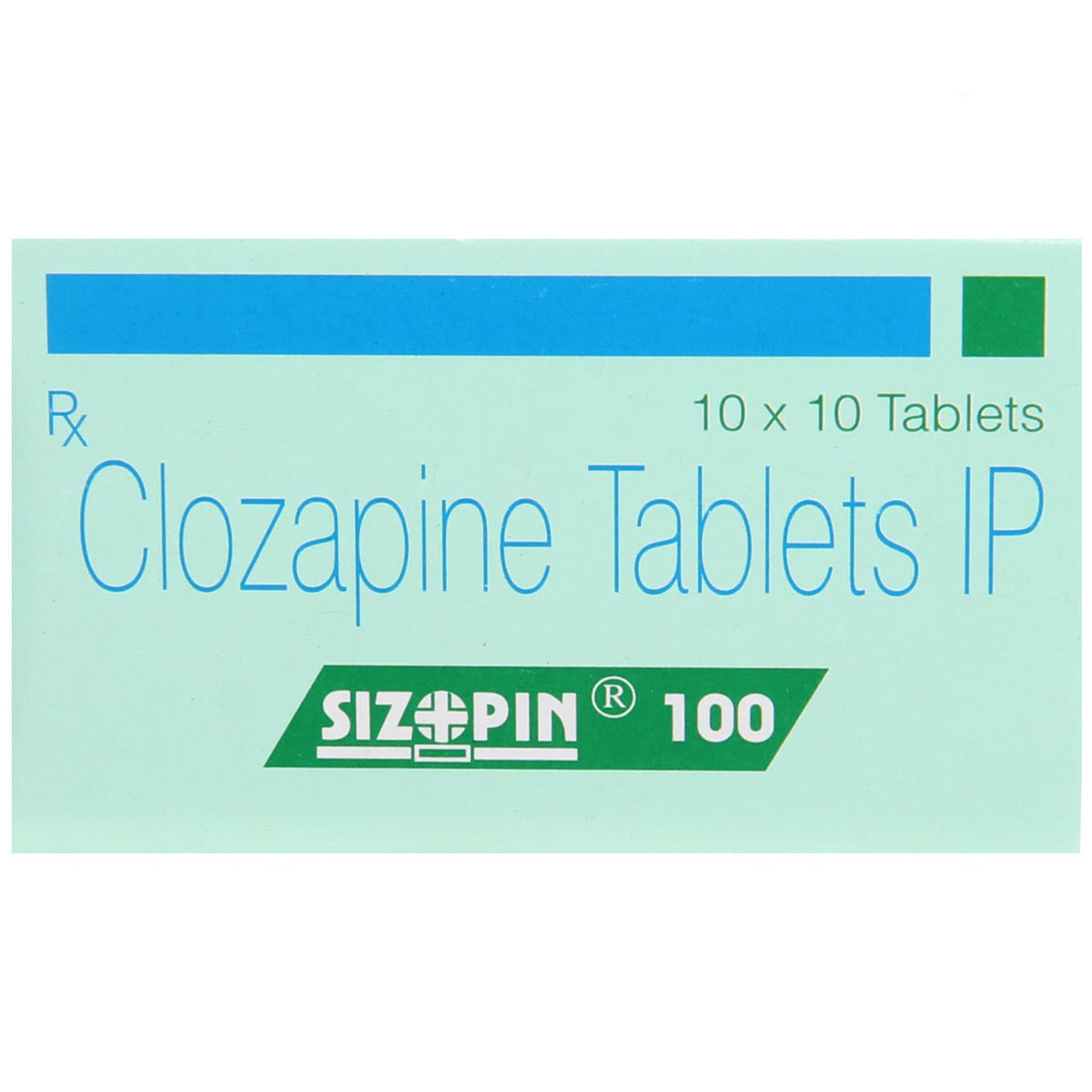
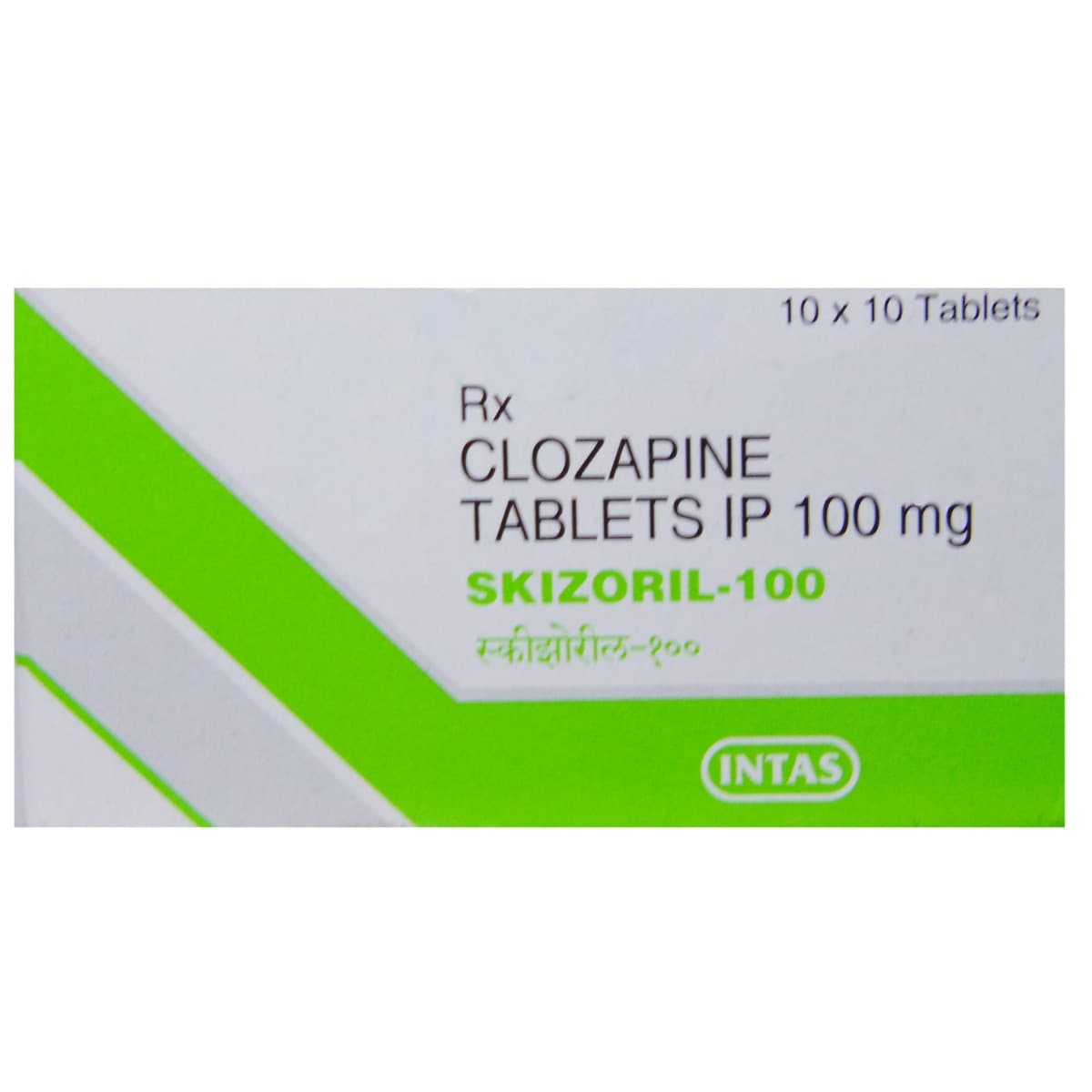

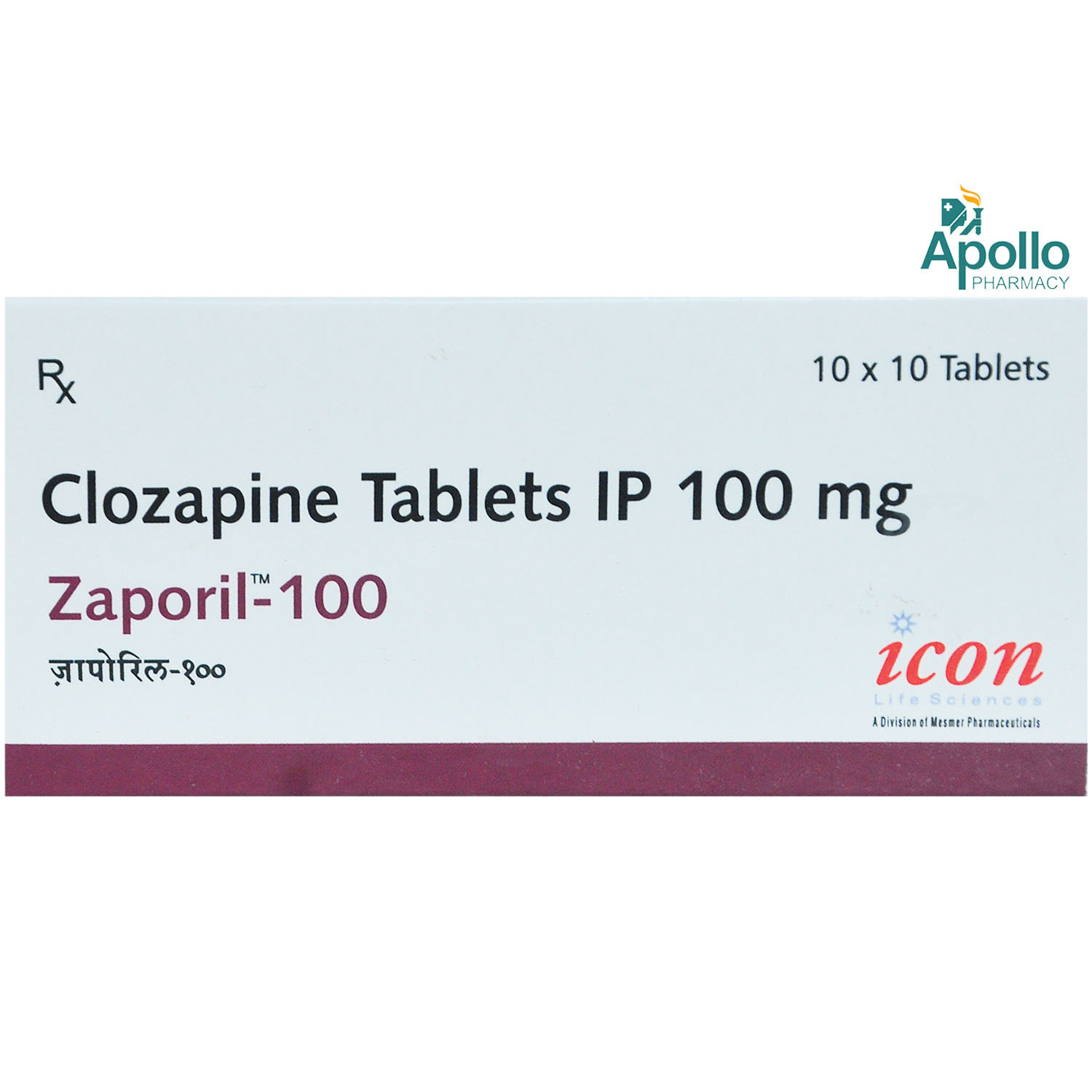
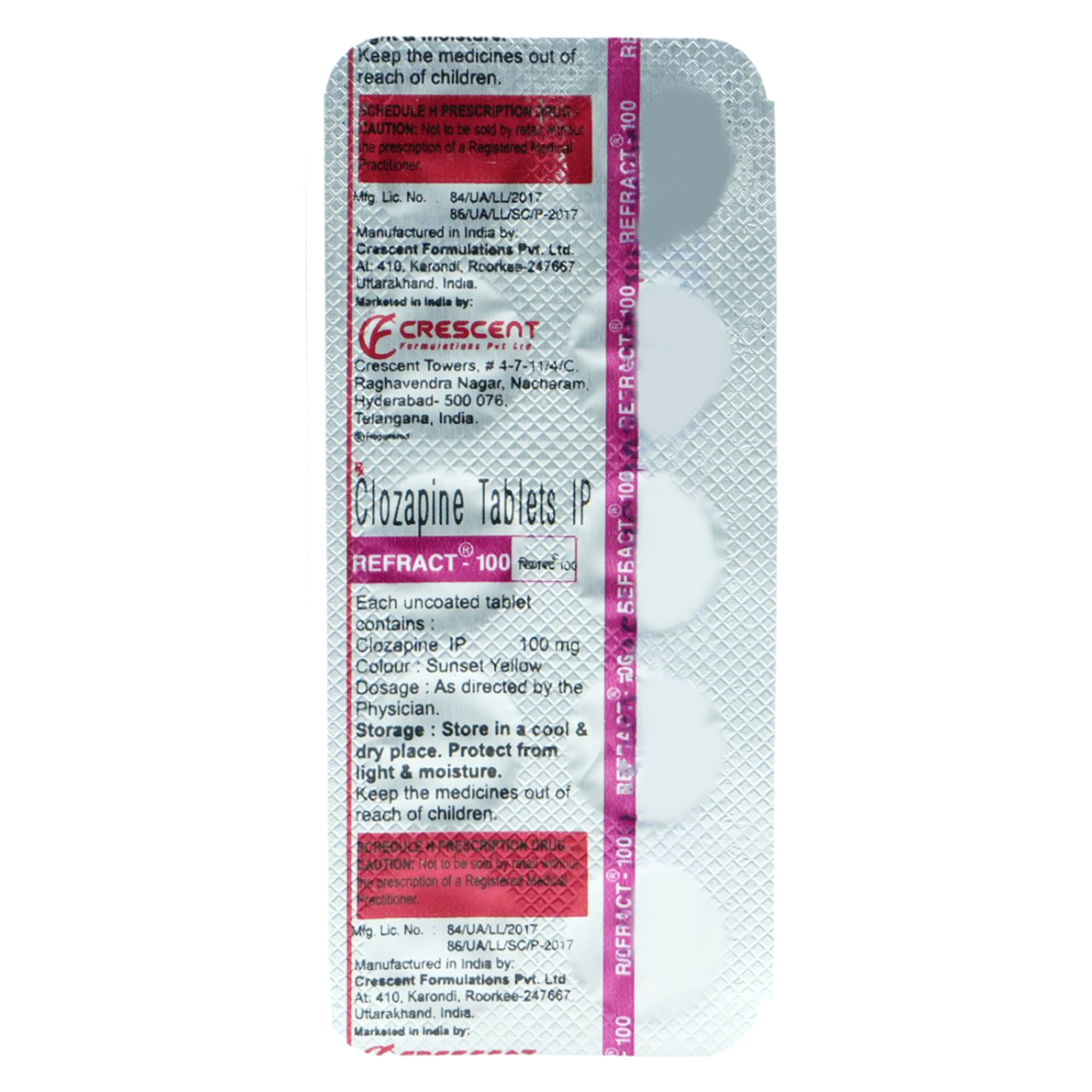
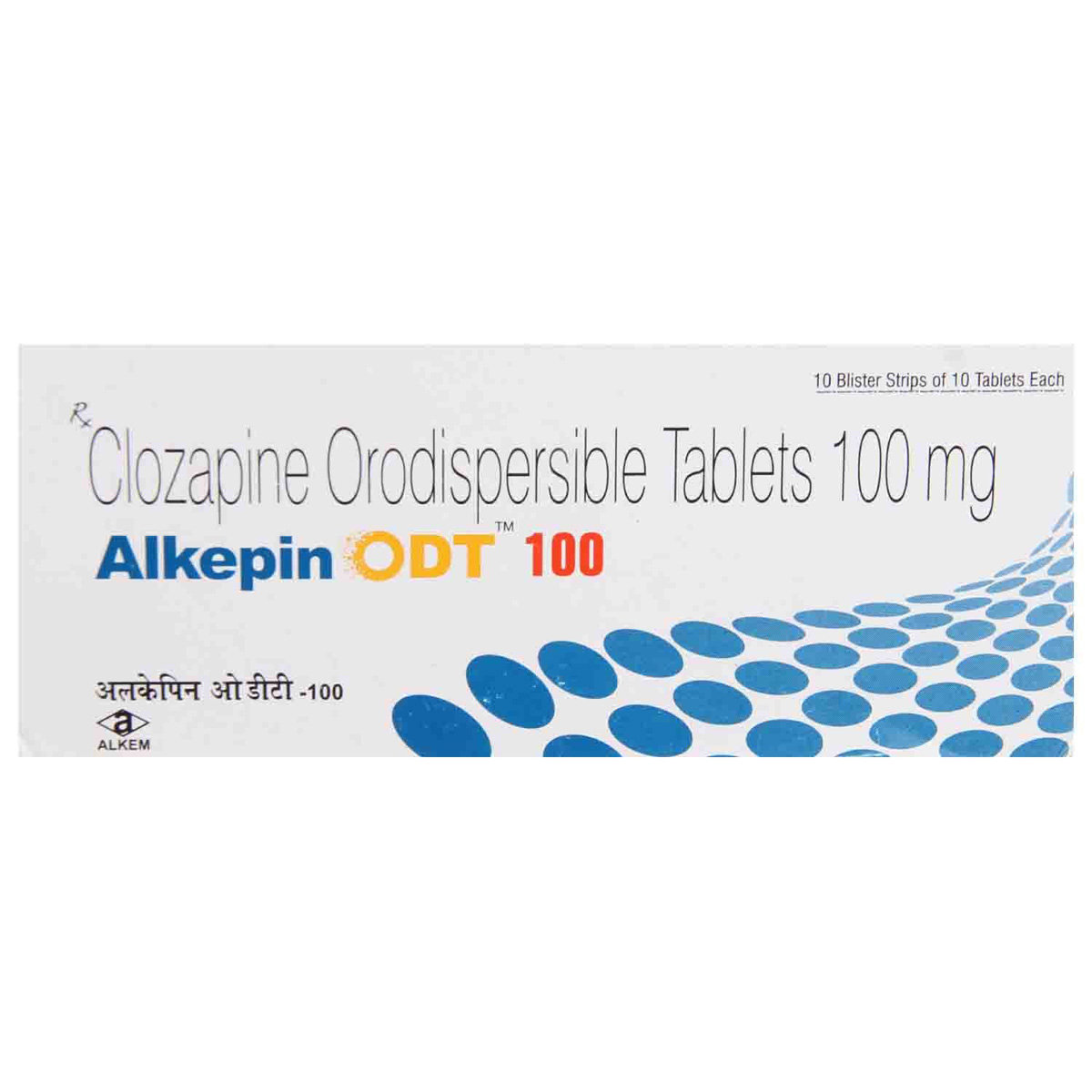
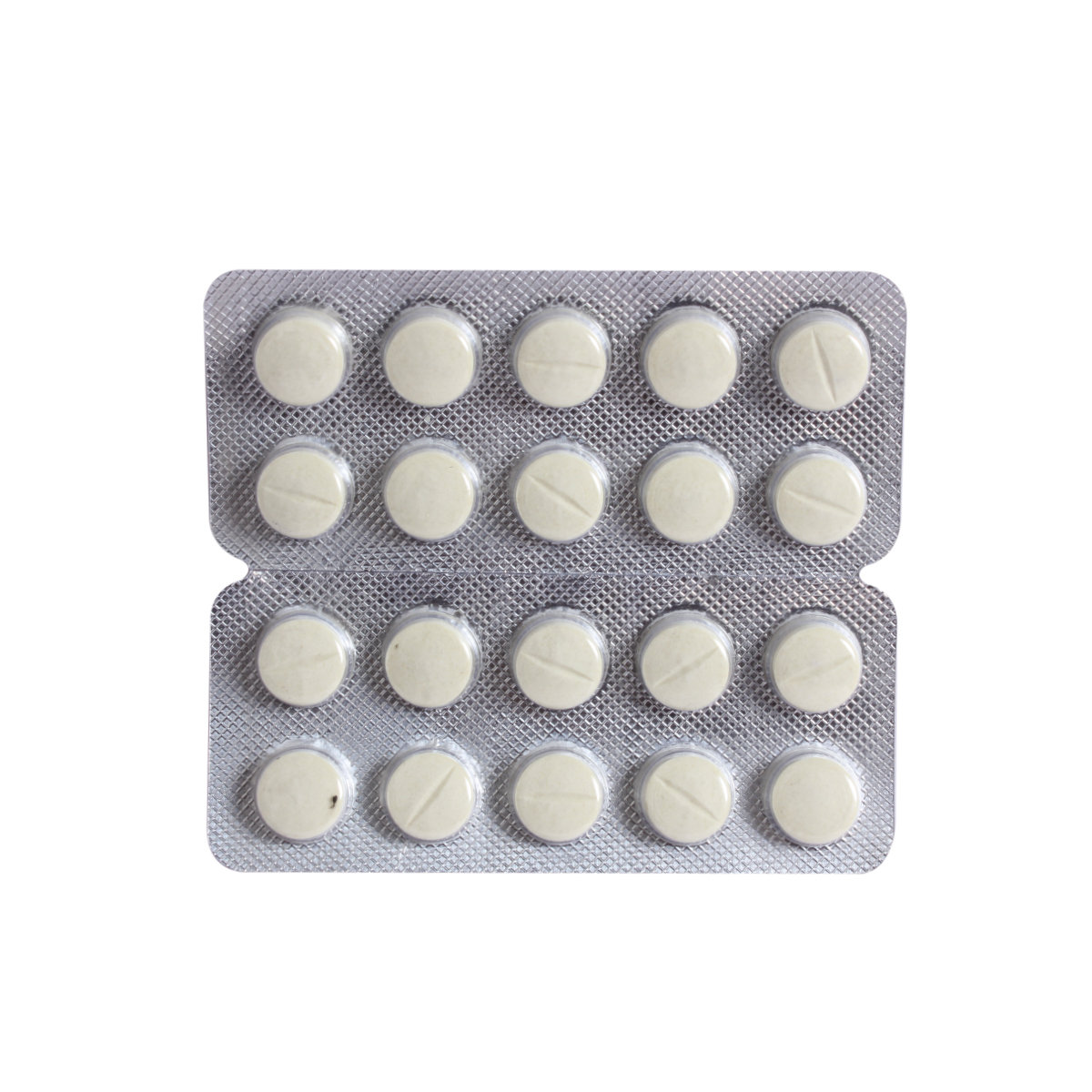

_0.jpg?tr=q-85)

